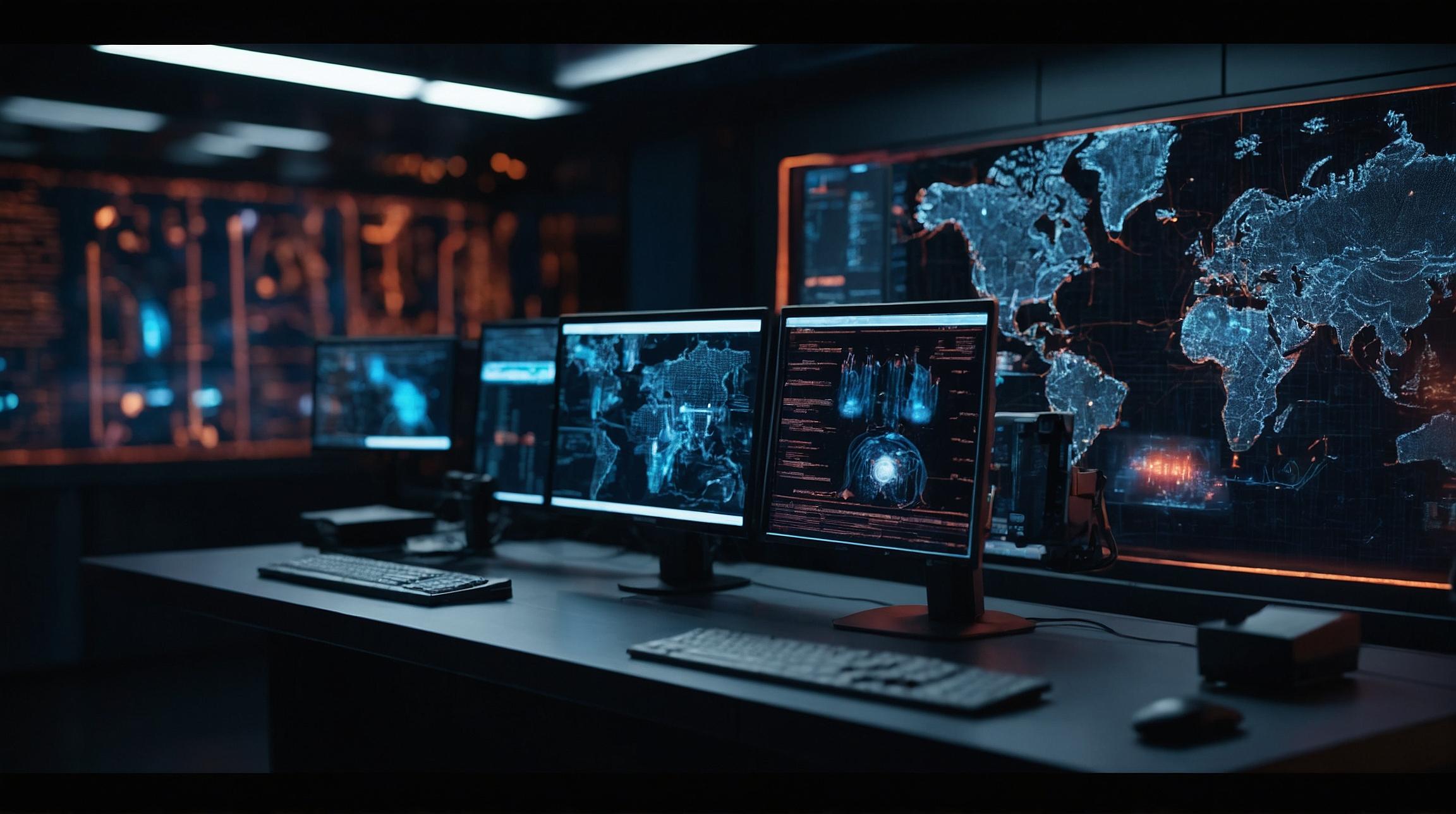The Transformative Impact of AI on Cybersecurity
The cybersecurity industry is undergoing significant changes due to the rapid adoption of artificial intelligence (AI) and the growing need for stronger data security. As companies navigate the complexities of integrating AI into their operations, the focus is on ensuring these powerful tools are secure from the outset. Industry experts are emphasizing the importance of protecting critical infrastructure and data to maintain operational resilience and counteract evolving threats from cyber adversaries. This shift in cybersecurity thinking is about not only keeping pace with technological advancements but also anticipating and mitigating future risks.
Expanding Attack Surface and Security Footprint
According to Zeus Kerravala, founder and principal analyst at ZK Research, the attack surface has expanded significantly. “Our infrastructure has gotten so much broader, the attack surface has gotten so much bigger that all these new areas that we’re adding on aren’t ready for consolidation yet,” Kerravala said. He noted that while organizations are consolidating through technologies like SSE (Security Service Edge) and XDR (Extended Detection and Response), they are also expanding their security footprint to include AI security and reputation protection.
AI: A Double-Edged Sword in Cybersecurity
One of the key topics discussed at Black Hat USA was the critical role of AI in modern cybersecurity strategies. While AI offers significant advantages in threat detection and response, it also introduces new vulnerabilities. The integration of AI must be coupled with stronger security measures to prevent these systems from becoming targets themselves. Kerravala highlighted that managing multiple platforms and vendors creates unprecedented challenges for security professionals.
Decentralized Data Management
The move towards centralized databases or data lakes has proven impractical for many organizations due to the challenge of managing and securing vast amounts of data. Instead, there is a growing recognition that keeping data decentralized but secure is a more feasible approach. Kerravala remarked, “AI is all data-driven. If you don’t have access to your data, then you can’t run your AI algorithms. More companies are trying to consolidate their data into one big database or data lake, and then they realize that’s not really practical.”
Enhancing Cooperative Efforts in Cyber Defense
In a landscape where threat actors often share information freely, the defense community must also enhance its cooperative efforts. By sharing knowledge and standardizing practices, the industry can more effectively combat cyber threats. Kerravala pointed out the need for better standardization, particularly in how vendors report their vulnerabilities. “Why isn’t that all standardized? Why is it up to customers to report things instead of the vendors?” he questioned.
The Future of Data Security
Looking ahead, the data security landscape is poised for significant changes. The industry’s focus is shifting toward integrating security into every layer of technological deployment, particularly with AI. This proactive stance is essential to mitigate the risks associated with rapid technological advancements. Kerravala emphasized the need for incorporating security into AI deployments from the start, stating, “I think with AI, you can’t afford that lag. That’s got to be part of the deployment.”













